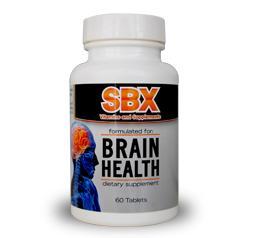Avatar Therapy as Treatment for Schizophrenia
Researchers of schizophrenia at King's College London Institute of Psychiatry (UCL) and the Wellcome Trust have developed a surprising new therapy to help sufferers of schizophrenia. In a futuristic and "science fiction" like approach they have developed an avatar system that aids sufferers of schizophrenia by reducing positive symptoms (i.e., auditory hallucinations). We have to give this 10 points for innovative thinking with respect to a schizophrenia treatment.
How does the Avatar Therapy work?
Well it isn't quite like the movie, but a patient uses a programme to create an avatar on a computer; by choosing the face and voice of the entity they feel is communicating with them. A therapist speaks to the patient in real time using the avatar and the computer system developed by UCL, synchronises the avatar's lips with its speech. By doing this the therapist teaches the patient to confront the voice of their persecutor to their face, so to speak, and take control of their auditory hallucinations.
![]()
Results of a clinical trial
The first clinical trial has gone well; Sixteen patients had up to seven 30 minute sessions of avatar therapy and the majority of the patients found an improvement in the frequency and severity of auditory hallucinations. Three of the patients stopped hearing voices after hearing them for a long periods of time (16, 13 and 3.5 years).
Conclusion
We are always sceptical of new schizophrenia treatments (that arrive in a flurry of media attention but then fade away) but we are encouraged by the initial results here and also the innovative thinking. If a therapy like this could replace electroconvulsive treatment for positive symptoms (even in part) that would be an amazing development. It is a relative simplistic and cost-effective technology and we will continue watching this.


